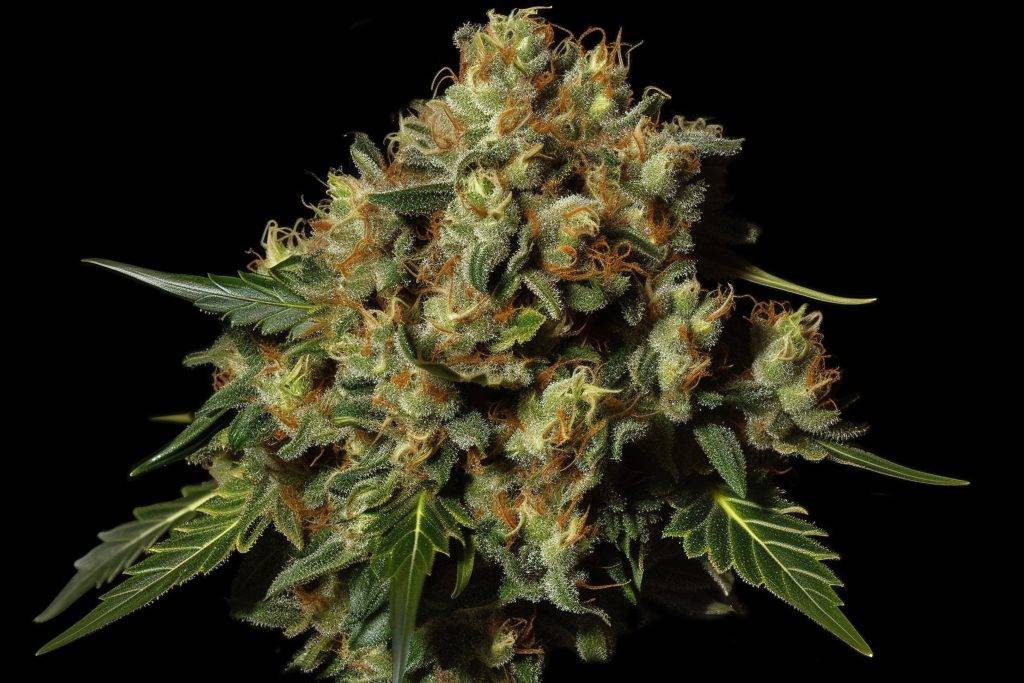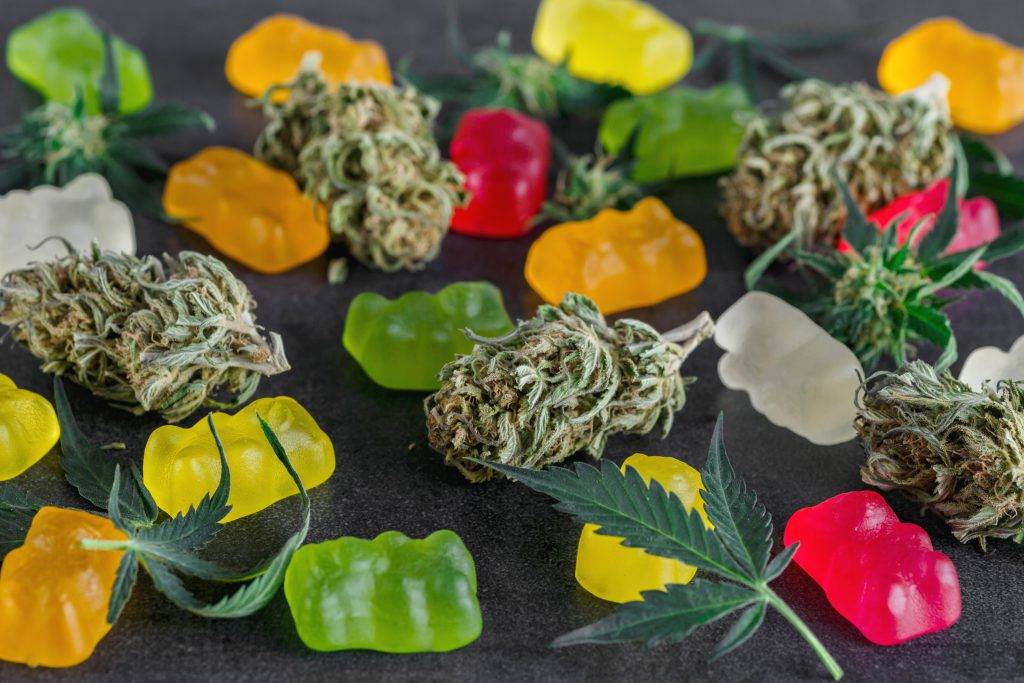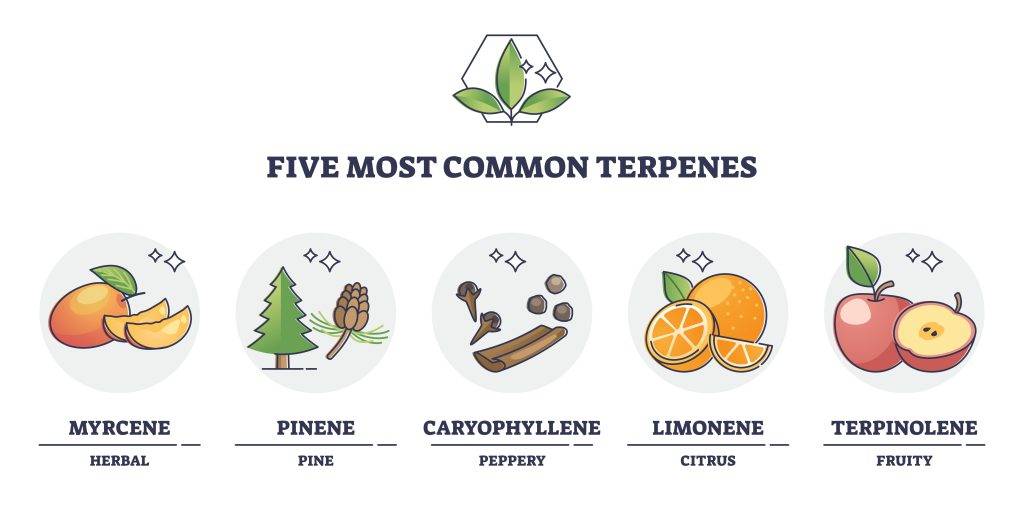
HHC-P: All About This New Cannabinoid
What is HHC-P? Cannabis products are gaining popularity every day. To satisfy consumers and offer them ever-changing experiences, chemists showcase their ingenuity! HHC-P, a novel
Is using CBD safe?
With so many media attention, CBD is getting more popular every day. We’ve all heard about it, but still there are a lot questions regarding the product, usage or production process. Naturally some people being skeptical, we feel obligated to dive into this matter.
When think of CBD people often make the association with cannabis or drugs. Let’s explain why CBD is not drugs and how people got to that idea.
What is CBD?
Cannabidiol (CBD) is the medical and second most prevalent compound found in the cannabis plant. Mostly used for pain relief and relaxation, CBD is effective against anxiety, epilepsy, ADHD and sleeping disorders. In contrary to the most known compound THC (tetrahydrocannabinol) this compound (CBD) is not psychoactive, meaning it won’t get you high.
How can the same plant be medical and drugs at the same time?
The big misconception here is that CBD is being extracted from the hemp plant, which is the cousin of the cannabis/marijuana plant. Both plants are descendants from the Cannabis Sativa plant. The main difference between hemp and cannabis/marijuana is, hemp does not or does contain an insignificant amount of THC (> 0.3%). THC is psychoactive, in contrary to CBD, thus being a drug. This compound of the cannabis plant is proven to be hazardous in mid to long-term usage and illegal in most countries.
Can CBD cause addictions?
According to a report from the World Health Organization, “In humans, CBD exhibits no effects indicative of any abuse or dependence potential. To date, there is no evidence of public health related problems associated with the use of pure CBD.”
Is Cannabidiol safe?
Even though CBD is often well-tolerated, it also carries risks. CBD can cause side effects, such as dry mouth, drowsiness, diarrhea and fatigue.
CBD can also interact with other medications you’re taking, such as blood thinners. CBD can increase the level in your blood of the blood thinner Coumadin and it can raise levels of certain other medications in your blood by the exact same mechanism that grapefruit juice does.
Another safety concern is that CBD isn’t regulated by the authorities as medication. Instead, it is being marketed as supplement. It is advised to check if your CBD product is third-party tested in order to make sure if the listed dose of active ingredients is included. More importantly is to be sure if your CBD product is free of heavy metals and chemicals.
Tip: ask your retailer/wholesaler for third-party tested lab results including heavy metals reports.
Sources:

What is HHC-P? Cannabis products are gaining popularity every day. To satisfy consumers and offer them ever-changing experiences, chemists showcase their ingenuity! HHC-P, a novel

Exploring the World of Hexahydrocannabinol (HHC) Before diving into the diverse ways how to consume HHC, let’s delve into what makes this cannabinoid unique. Hexahydrocannabinol,

Cannabis Terpenes Exploration Guide In the intricate world of cannabis, the aromatic compounds known as terpenes are the unsung heroes, contributing not only to
Germany
+49 176 6979 8545
England
+44 795 1044 637
420-chill.com
info@420-chill.com
Ecuador
+593 99 747 2241
info@zuloaga.club
zuloaga.club
The Netherlands
Head Supplies
+31 (0)6 48 14 47 78
sales@headsupplies.nl
https://headsupplies.nl/
Stonedoos
+31 (0)6 20 94 67 95
info@stonedoos.eu
https://www.stonedoos.eu/nl/
| Cookie | Duration | Description |
|---|---|---|
| cookielawinfo-checkbox-analytics | 11 months | This cookie is set by GDPR Cookie Consent plugin. The cookie is used to store the user consent for the cookies in the category "Analytics". |
| cookielawinfo-checkbox-functional | 11 months | The cookie is set by GDPR cookie consent to record the user consent for the cookies in the category "Functional". |
| cookielawinfo-checkbox-necessary | 11 months | This cookie is set by GDPR Cookie Consent plugin. The cookies is used to store the user consent for the cookies in the category "Necessary". |
| cookielawinfo-checkbox-others | 11 months | This cookie is set by GDPR Cookie Consent plugin. The cookie is used to store the user consent for the cookies in the category "Other. |
| cookielawinfo-checkbox-performance | 11 months | This cookie is set by GDPR Cookie Consent plugin. The cookie is used to store the user consent for the cookies in the category "Performance". |
| viewed_cookie_policy | 11 months | The cookie is set by the GDPR Cookie Consent plugin and is used to store whether or not user has consented to the use of cookies. It does not store any personal data. |